|
I sometimes wonder whether I've gone a bit off the deep end when it comes to cider apples. I was looking through my photos the other day, and realized I take as many, if not more, photos of apples and our orchard than I do of our own kid. Granted, our son hates having his picture taken and runs at the first sight of my phone, but perhaps I do have a problem.
And yet, I know of plenty of people who go into raptures over wine grapes around here. My fixation is no different. OK, maybe it is. It is infinitesimally less common. Orchards are routinely bulldozed around here to make way for vineyards. Apples are generally sold as a cheap commodity, fetching maybe a couple hundred dollars per ton at the local processing plant, compared to a couple thousand dollars or more for wine grapes grown in our area. But isn’t that simply because we confer (a lot) more value to wine grapes than to apples? They’re both just fruit after all. The obvious answer is that wine grapes result in a product that is accorded much greater respect than any apple-derived product, cider especially. And to explore the reasons for that would require a book, not a blog (which is why I’ve been reading Paul Lukacs’ Inventing Wine), but essentially it’s due to a combination of historical, cultural, and economic factors…and an extremely effective marketing campaign! I can’t change the past or influence culture, I don't really understand economics, and clearly I’m no marketing genius. But if there is one thing I hope to accomplish through this grand experiment we call Tilted Shed, it is to convert just a few of you to share my adoration of the apple. We’ve been growing cider apples since 2011, and each year we are astounded by how much our terroir affects the tannins, acidity, phenolics, sugars, and flavor profiles of these rare specialty apples. They possess as much complexity and diversity as any treasured wine grape. As a friend, who works in the high-end wine business and has an impeccable palate, astutely observed when he tasted our trial single-variety cider batches: “Cider fills in the holes of wine.” Apples hold secrets. They persevere through drought and pestilence, and every year they show us a new way to experience them. I revere apples, even though few others do. Our goal is make ciders that elevate the apple to greatness, expressing a unique point of view and sense of place--something that inspires, captivates, and brings joy. Respect the craft. Revere the apples. Cider is beautiful. This is my mantra. I hope that by sharing with you our ciders (and by showing you a lot of apple photos—see below!), I won’t be such an anomaly for long.
1 Comment
We're five days into a heat wave, and I thought by now the cider orchard would be done blooming but such is not the case. Yarlington Mill and Ellis Bitter are just getting started, and Kingston Black, Tremlett's Bitter, Foxwhelp, and a few others are still blossoming while also setting fruit. Fruit set is looking pretty good with our two dozen varieties that are established enough to produce apples. Nehou, Roxbury Russet, Wickson, and Ashmead's Kernel especially are going gangbusters and will actually need thinning this year. Kingston Black, Tremlett's Bitter, and Hewes, among others, are all looking so far to have a decent yield, fingers crossed. (Scott wants me to be sure to state that our Tremlett's Bitter is the U.S./Geneva, NY version. There is some controversy over what is the true Tremlett's Bitter; the U.S. variety may be a sport of the original. Both are tannic but the U.S. type seems to have more acid and look a bit different from the U.K. version. There is also some discussion in the cider world about the true Foxwhelp vs. "Fauxwhelp," as our friend Derek from Pennsylvania's Rebellion Ciderworks says, but we do indeed have the tannic cider variety. More info than you care to know? This stuff really matters to cider freaks.)
The graftlings from this past winter and spring are looking great. Scott is becoming quite adept at this stuff. You have to remember that he's an intaglio (etching) printmaker by training and profession; apple farming is something we got into because of the lack of cider apples. But a craftsman is a craftsman. Some people are just naturally skilled at working with their hands. His top-working experiment, in which he is grafting over our Golden Delicious to Muscat de Bernay, seems to have been successful. (See photo below.) Yay! What is particularly exciting is how well our perry pears are doing. Perry pears, like cider apples, are varieties selected throughout the centuries specifically for perry (poire in France) production, and originated primarily in the United Kingdom and France. Scott has been doing perry pear trials since the beginning but with fairly poor results; the grafts just haven't taken. We do have a few four-year-old trees in the ground (and the Hendrie Huffcap has set fruit!). This year, the new graftlings are looking fantastic! It think it was just getting the right rootstock match. We have set aside a section of Orchard 1 for perry pears. (We have three blocks of orchard surrounding the perimeter of our farm: 1, 2, and 3. Yeah, I know, we're not very creative with the naming.) The ground there tends to retain a lot of water during the rainy season, making it unsuitable for cider apples, but perry pears can handle having "wet feet." You'll find that perry and pear ciders (apple blended with pear) are always a bit on the sweet side. That's because pears, unlike apples, contain unfermentable sugars (sorbitol) that remain in the finished beverage, even when all the yeasts are spent. People have asked if we plan on doing a pear cider or perry. Bartlett, Bosc, and other typical eating varieties have been used by others to make some nice drink, but we'll be wanting a bit more structure and nuance to our perry, and so, we wait for our exceedingly rare perry pears to mature. Give them seven or eight years, and we should be able to make small batches of proper Sonoma County perry! Until then, I'd recommend seeking out Snowdrift Cider Co.'s Perry (from Washington) and Le Peres Jules Poire (from Normandy). France's Eric Bordelet also makes a nice poire. I haven't had a chance to taste Tieton Ciderworks' Precipice Perry but will try to get my hands on it when I see it. I'm sure I'm missing other good ones, so let me know. I've been fixated on cider but am wanting to broaden my perry horizons. Anyway, without further ado for the three of you who read this, here's a selection of recent orchard porn (yeah, baby, fruitlets!). |
EllenTilted Shed co-owner, cider evangelist & shameless rabble rouser! Archives
February 2021
Categories
All
|
|
|
All materials copyright Fireball Farm & Ciders, LLC. 2011-2024. All rights reserved. All product names are trademarks or registered trademarks of Fireball Farm & Ciders, LLC. Tilted Shed Ciderworks is a registered trademark.
Home page photo by Karen Pavone Photography. We respectfully acknowledge that our orchard and those of our farmers are on the unceded lands of the Coast Miwok, Southern Pomo, and Graton Rancheria peoples. We sell alcohol. You must be 21+. This website uses cookies to improve your experience. Accessibility: We are committed to providing a fully accessible and optimized user experience for all site visitors, regardless of vision or other impairments. Should you experience any difficulty in accessing this website, please call 707-657-7796 or email info at tiltedshed dot com during normal business hours for assistance with this website. |

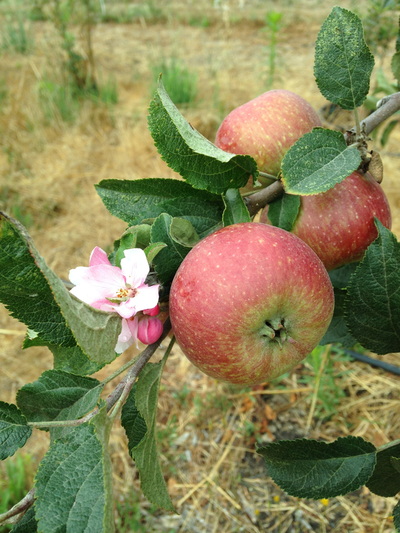
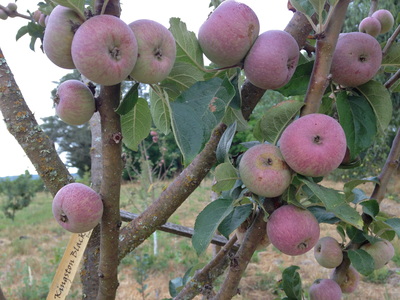

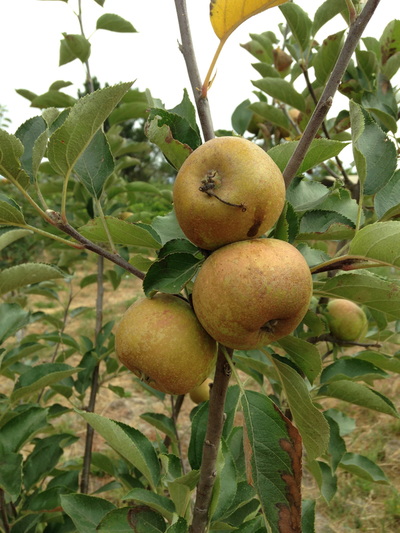
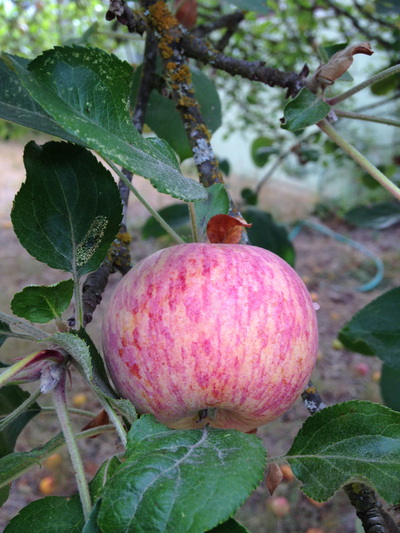
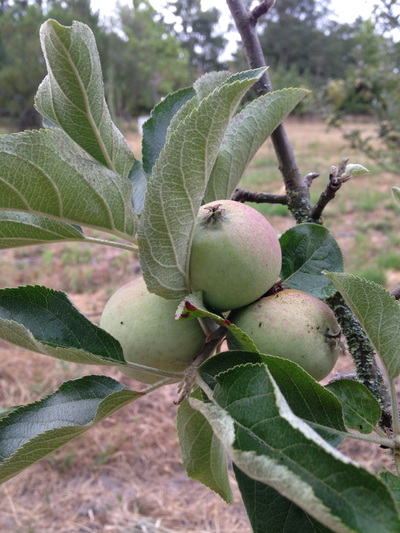
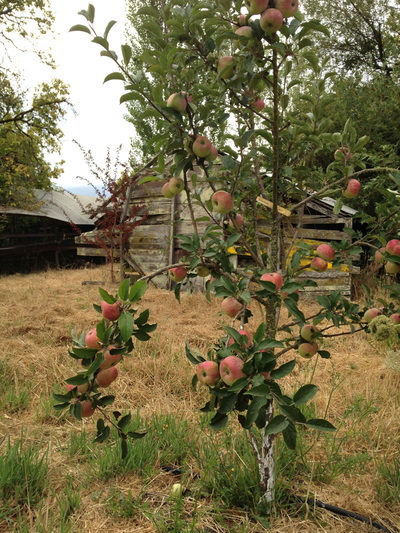
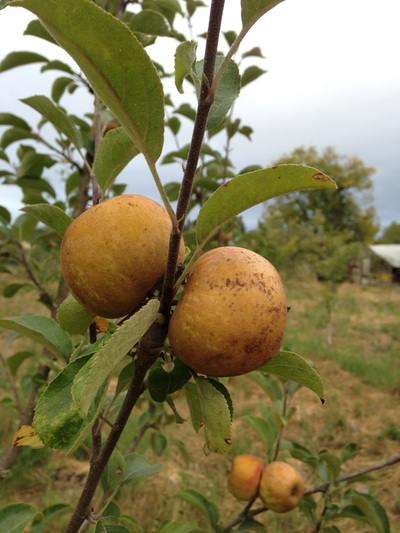
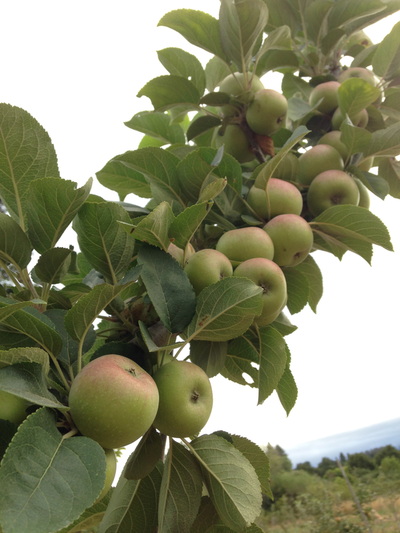
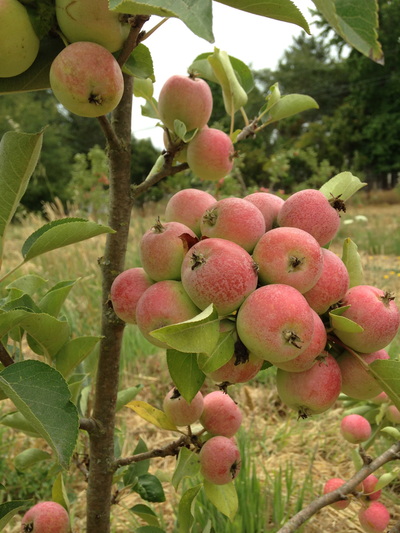
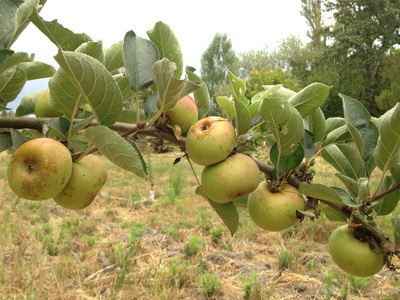
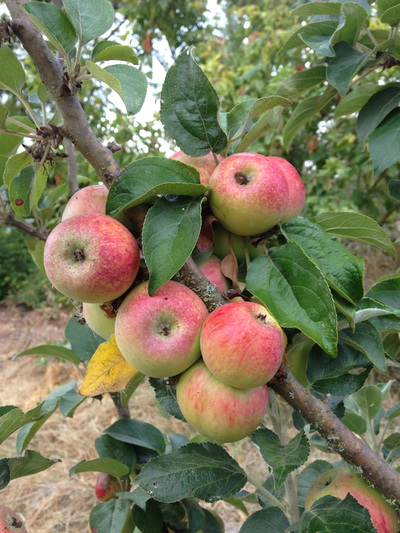
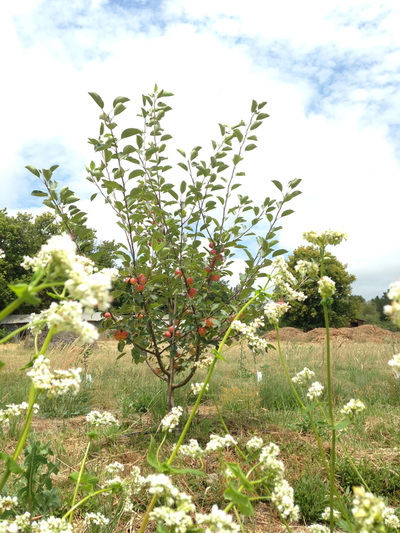
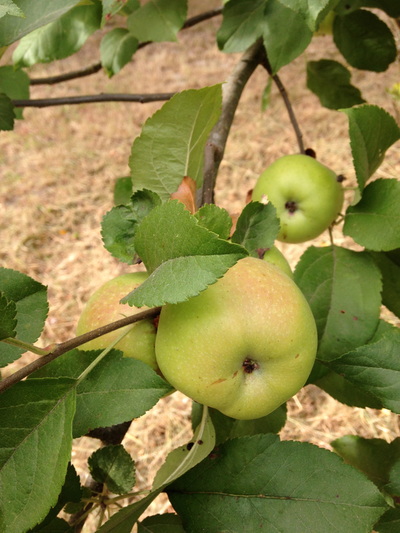
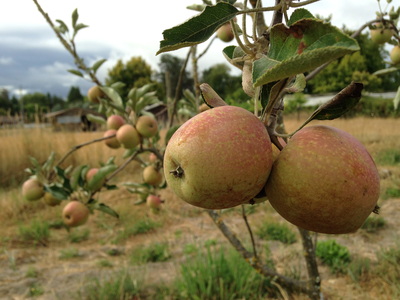
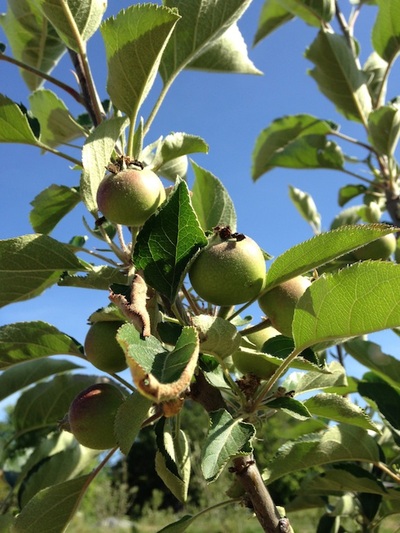
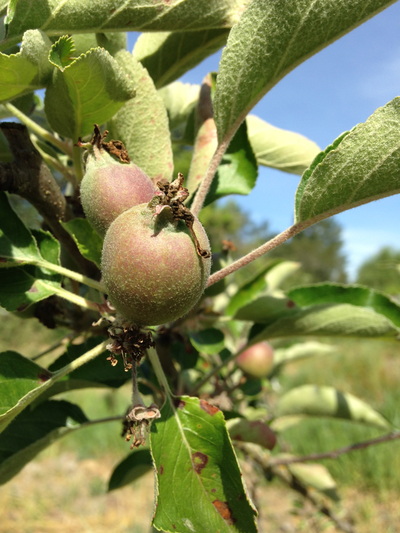
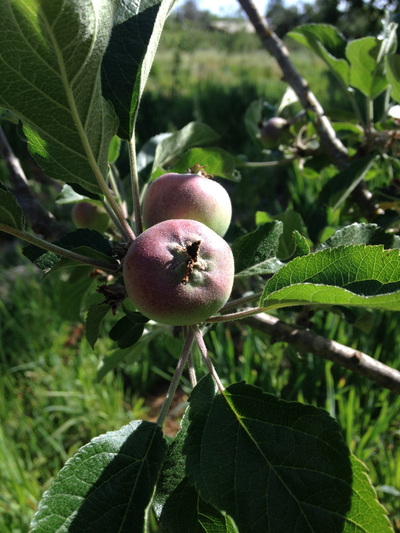
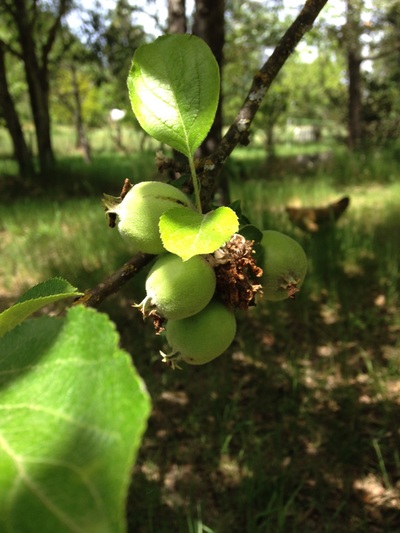
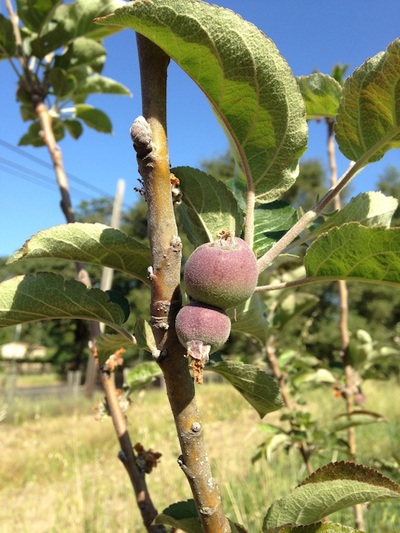
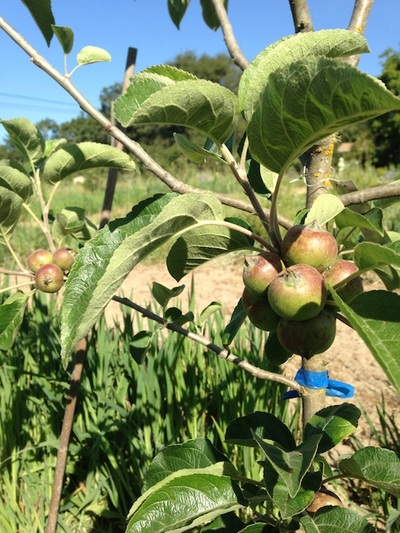
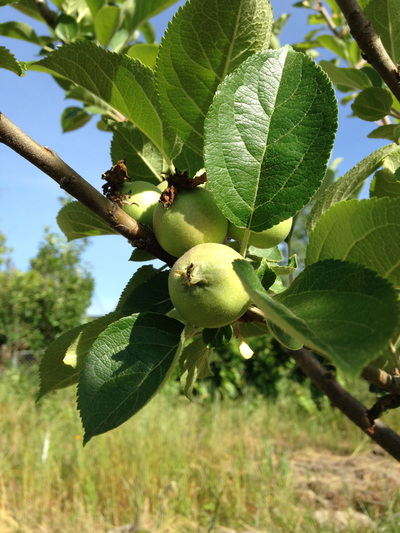
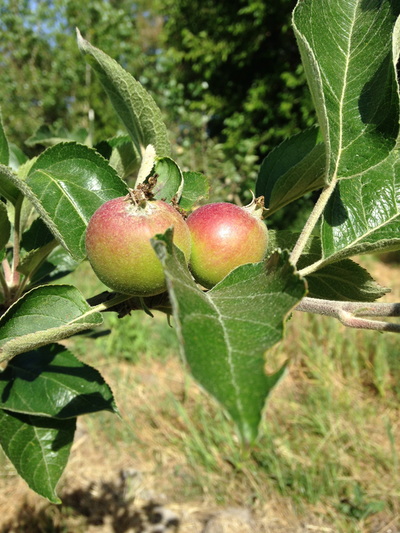
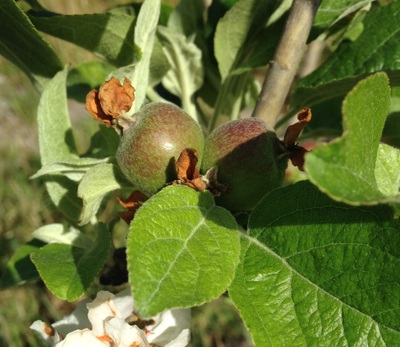
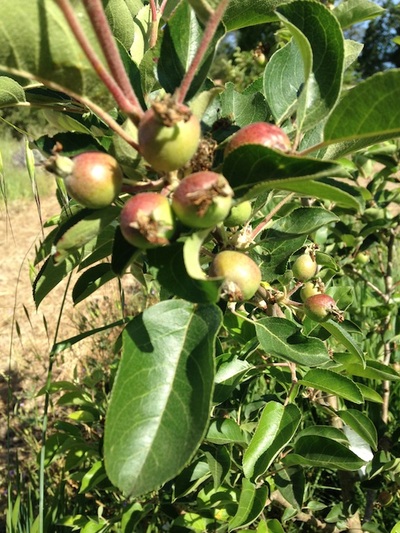
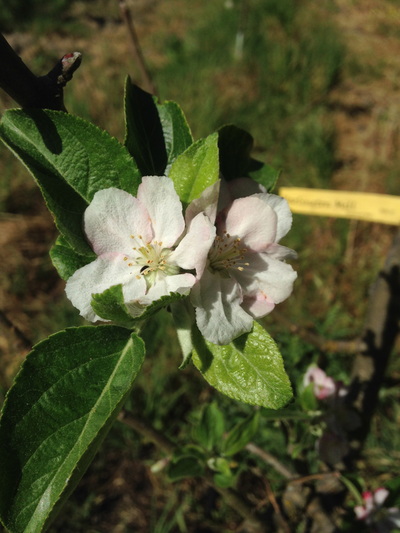
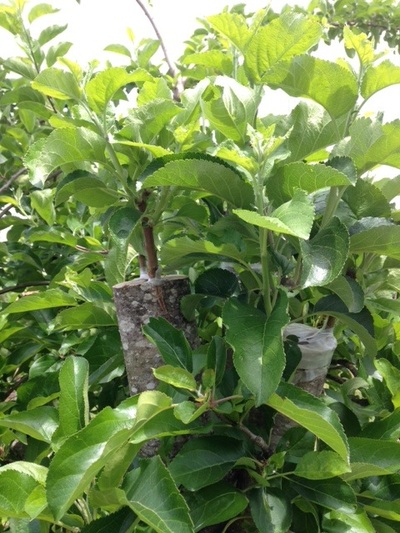
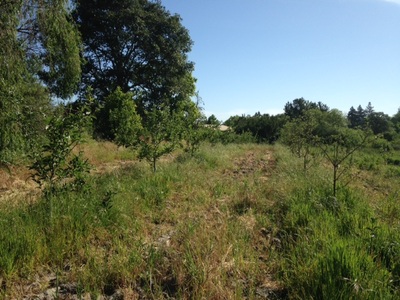
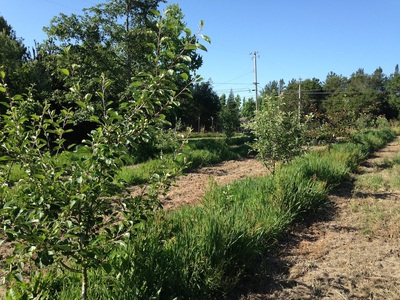
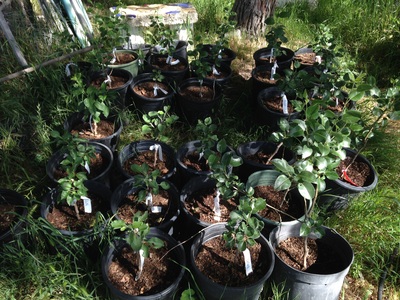
 RSS Feed
RSS Feed